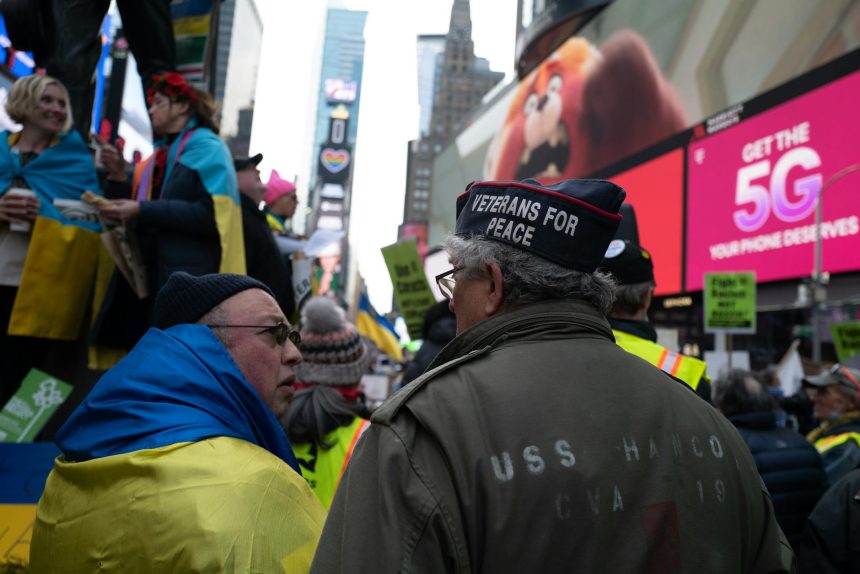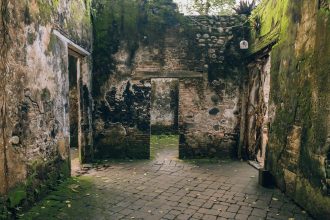veterans protest rights
Veterans Protest Rights: Understanding the “No Kings” Movement
Understanding the “No Kings” Movement and Veteran Involvement
This weekend, a significant wave of public dissent is set to sweep across the nation and beyond. Millions are expected to participate in rallies, with a notable presence of military veterans joining the chorus. At the heart of these gatherings is a powerful message: a rejection of perceived monarchical tendencies in leadership, often summarized by the slogan “No Kings.” This movement highlights a deep-seated concern among citizens about the concentration of power and the principles of democratic governance.
Why Veterans Are Participating in “No Kings” Protests
The involvement of military veterans in these demonstrations is particularly noteworthy. Having sworn an oath to uphold and defend the Constitution, many veterans feel a profound responsibility to ensure the nation’s democratic foundations remain intact. Their participation isn’t just about expressing dissent; it’s often rooted in a commitment to the ideals they served to protect.
The Oath and Civic Duty
For those who have served, the oath taken is a solemn promise. It obliges them to defend the country against all enemies, foreign and domestic. When veterans perceive potential threats to democratic principles or constitutional rights, they often feel compelled to act. This can manifest in various forms of civic engagement, including peaceful protest.
Concerns Over Executive Power
A primary driver for many participants, including veterans, is a concern about the expansion of executive authority and the erosion of checks and balances. The “No Kings” sentiment reflects a desire to reinforce the idea that no single individual should wield unchecked power, a principle fundamental to a republic.
What “No Kings” Protests Represent
The “No Kings” protests are more than just a singular event; they represent a broader sentiment of civic engagement and a demand for accountability from elected officials. These demonstrations serve as a platform for diverse groups to voice their concerns and advocate for their vision of governance.
Core Tenets of the Movement
- Upholding democratic principles.
- Ensuring accountability of leaders.
- Protecting constitutional rights.
- Preventing the concentration of excessive power.
The Role of Peaceful Assembly
Peaceful assembly is a cornerstone of democratic societies, allowing citizens to express their views and influence public discourse. These protests, with veteran participation, underscore the enduring importance of this right and its exercise by those who have a vested interest in the nation’s future.
How to Stay Informed and Involved
For those interested in understanding the nuances of such movements and their participants, several avenues exist for gaining deeper insight. Reliable news sources and non-partisan organizations often provide comprehensive coverage and analysis.
- Follow reputable news outlets for factual reporting on protest events and their underlying causes.
- Engage with civic organizations that promote democratic values and constitutional awareness.
- Seek out diverse perspectives to form a well-rounded understanding of public sentiment.
Understanding the motivations behind widespread public demonstrations, especially those involving groups like military veterans, offers valuable insight into the health of a democracy. The “No Kings” protests, with their emphasis on fundamental governance principles, are a clear signal of active civic participation.
For more information on civic engagement and constitutional rights, you can explore resources from the American Civil Liberties Union (ACLU) and the Demos organization.
This weekend’s protests, bolstered by the voices of military veterans, serve as a powerful reminder of the ongoing dialogue surrounding governance and individual liberties in the United States.
© 2025 thebossmind.com
Featured image provided by Pexels — photo by Nataliia Pugach




